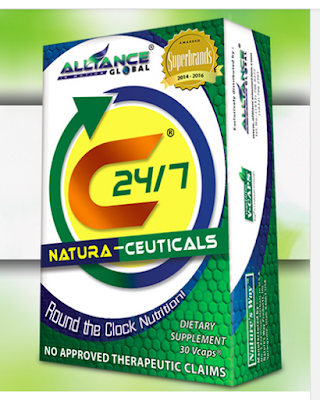C24/7 is very effective against prostrate cancer. Here is the reason why:
- C24/7 is made from 12 different mushrooms some of which are known to prevent and cure prostrate cancer:
MESIMA MUSHROOM
Traditional use – In Korea, Mesima is drunk as a tea and is believed to be responsible for a number of cases of spontaneous recovery from various cancers, including prostate and liver cancer. In the official Chinese Pharmacopoeia it is also indicated for: diabetes, HIV, angina, leucorrhoea, diarrhoea and accelerated wound healing.
Main Health Benefits:
Cancer – As well as multiple reports of spontaneous remission, laboratory studies show Mesima extracts to have exceptionally high immunological activity and a range of anti-cancer effects against different cancer cell lines, including lung, breast and prostate cancer. Mesima extracts have also been shown to enhance the efficacy of existing chemotherapeutic agents5.Benign Prostatic Hyperplasia (BPH): Hot-water extract of Mesima has shown benefit in reducing BPH in animal models.Researchers at the Boston University School of Medicine have studied this mushroom (Phellinus Linteus). In one test they found that neither the mushroom extract nor doxorubicin (a prostate cancer drug) were effective in small doses but the doxorubicin became effective at higher levels. When the mushroom extract was added, the results were much better still, with many more cancer cells killed (British Journal of Cancer August 2006). Previous studies in 2005 (Drug Discovery Today) showed that Reishi, Ganoderma lucidium, restricted blood vessels to prostate cancer tumours and stopped cancer cell proliferation.Recent studies have shown that this type of mushroom extract slows the growth of breast cancer cells in the laboratory. It has also been shown to have anti cancer effects on skin, lung and prostate cancer cells. One study showed that when used in combination with the chemotherapy drug doxorubicin, the extract increased the number of prostate cancer cells killed.
SHIITAKE MUSHROOM
The research focused on GCP, a proprietary extract cultured from soybeans and shiitake mushrooms and marketed by Amino-Up of Sapporo, Japan. Researchers found that the combination of the compounds genistein and daidzein, both present in GCP, helps block a key mechanism used by prostate cancer cells to survive in the face of testosterone deprivation.The research team, led by Paramita Ghosh, PhD, of UC Davis School of Medicine
MAITAKE MUSHROOM
Maitake mushrooms are common in Chinese and Japanese cooking. Now researchers at the New York Medical Center, led by Dr Sensuke Konno, the head of Urology, have shown that an extract of Maitake mushrooms can shrink tumours of bladder and prostate cancers by as much as 75 per cent. In certain cases the tumours disappeared. Researchers believed this was because the active extract stopped a cancer-driving enzyme. (British Journal of Urology - Dec 2009)
AGARIKON MUSHROOM
In a study led by City of Hope researchers, a powder made of Agarikon white button mushrooms was found to reduce the levels of prostate specific antigen, or PSA, in prostate cancer patients whose PSA levels had been rising.Now researchers at the Boston University School of Medicine have studied this mushroom (Phellinus Linteus). In one test they found that neither the mushroom extract nor doxorubicin (a prostate cancer drug) were effective in small doses but the doxorubicin became effective at higher levels. When the mushroom extract was added, the results were much better still, with many more cancer cells killed (British Journal of Cancer August 2006). Previous studies in 2005 (Drug Discovery Today) showed that Reishi, Ganoderma lucidium, restricted blood vessels to prostate cancer tumours and stopped cancer cell proliferation.
REISHI MUSHROOM
While reishi has been heavily studied for its ability to enhance immunity, some scientists adopted a novel approach to researching potential effects of fungi against prostate cancer. They evaluated the ability of various fungus extracts to act from within the cell to interfere with the androgen receptor and thus, inhibit prostate cancer growth.203,204. These researchers investigated over 200 fungus extracts for their anti-androgenic activity—and of these, G. lucidum (reishi) was one of two mushrooms selected for further investigation.204 This extract also blocked cell proliferation and decreased cancer cell viability.204 Reishi inhibited androgen-sensitive, human prostate adenocarcinoma cells (LNCaP cells).203 The published report concluded that, “G. lucidum extracts have profound activity against LNCaP cells that merits further investigation as a potential therapeutic agent for the treatment of prostate cancer.
C24/7 is available in Kenya. Call 0718 071 098 for more information




